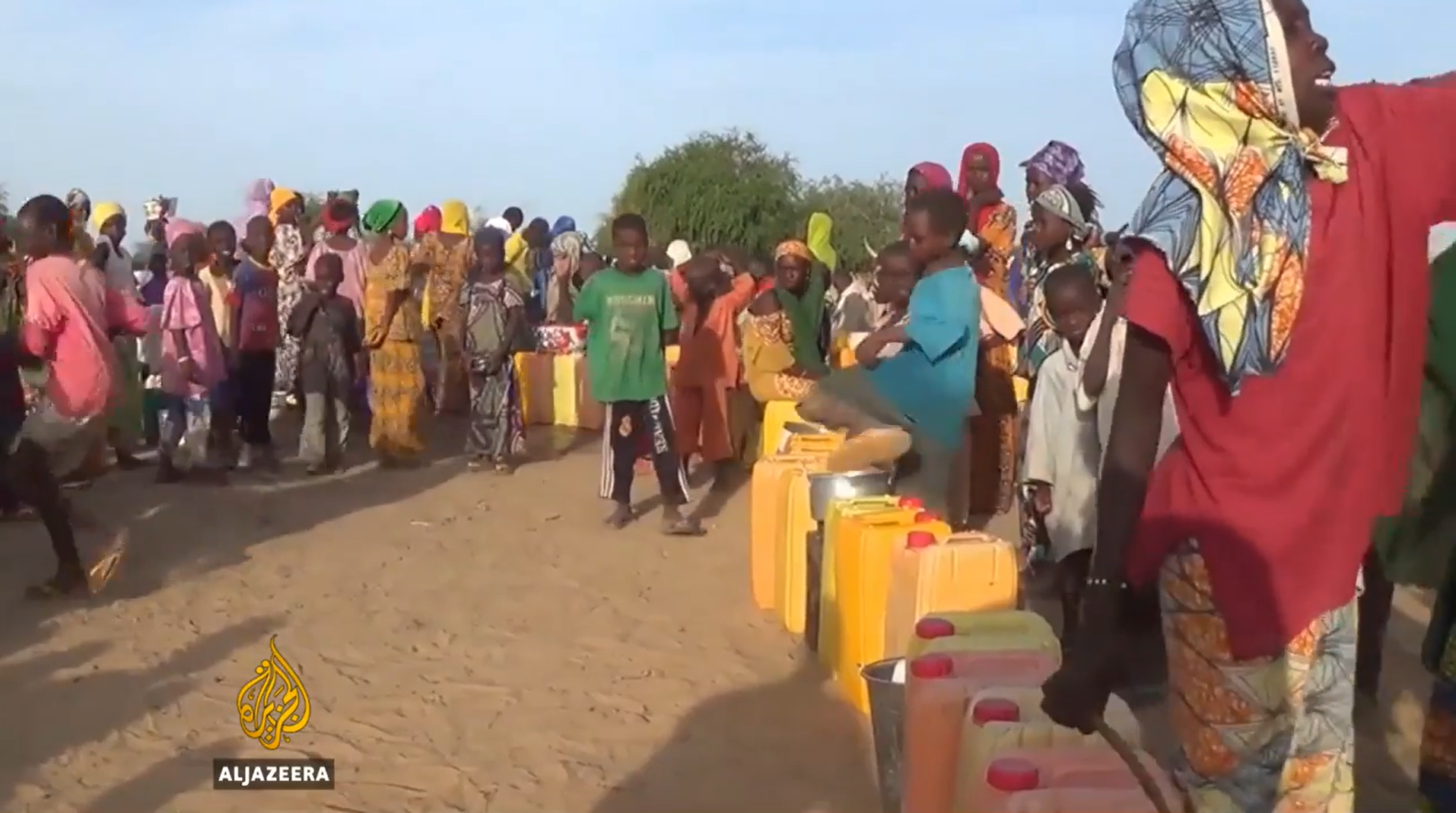In Nigeria’s northwest region, each emerging morning is met with echoes of tragedies.
Men and women and children clutch their radios in wooden decks at the threshold of their huts to hear the news of attacks and neighbours who died. Some days, smokes of burnt houses in far-flung villages will float into the clouds until droplets of the spring rain smother their charred ruins. When the deaths come in this country, which hasn’t known the pleasure of peace for decades, people typically try to absorb it as a routine of life.
If this story was told some months ago, only Boko Haram, a dreaded jihadist group, would come to mind. But a new group, whose brutality exceeds that of Boko Haram, is taking the country to a breaking point.
Pundits call them “motorcycle bandits.”
On 1 March, the group killed at least 50 people in Kerawa, Zareyawa and Minda, farming communities in Kaduna, Nigeria. Cattles were rustled, residents kidnapped and farms and homes burnt. On May 28, another attack by the bandits killed around 70 people in five villages close to the border with Niger in Sokoto. Weeks later, on 14 June, around 20 soldiers and 40 civilians were killed by the same group. In all, around 300 people have been killed in the space of three months, though the numbers are likely far higher.
So, who are Nigeria’s motorcycle bandits?




